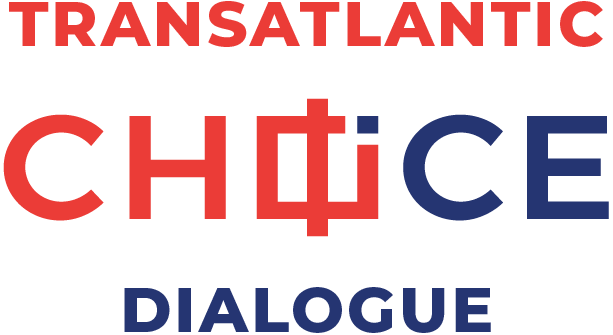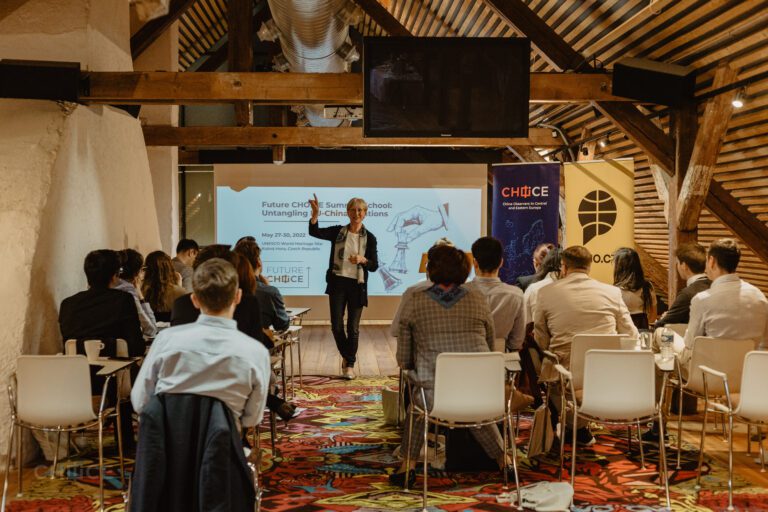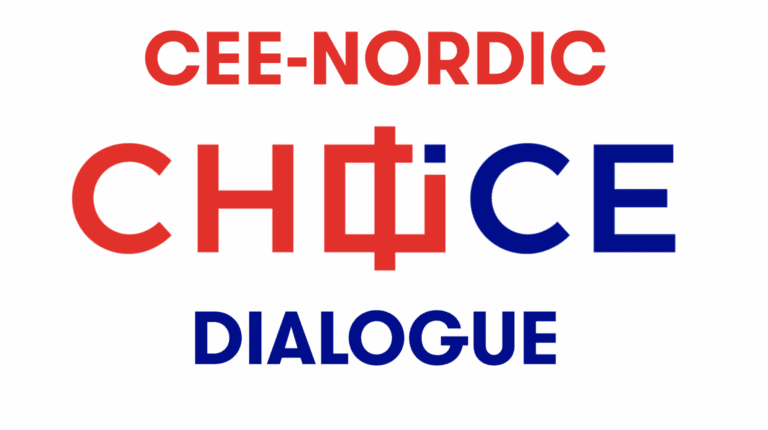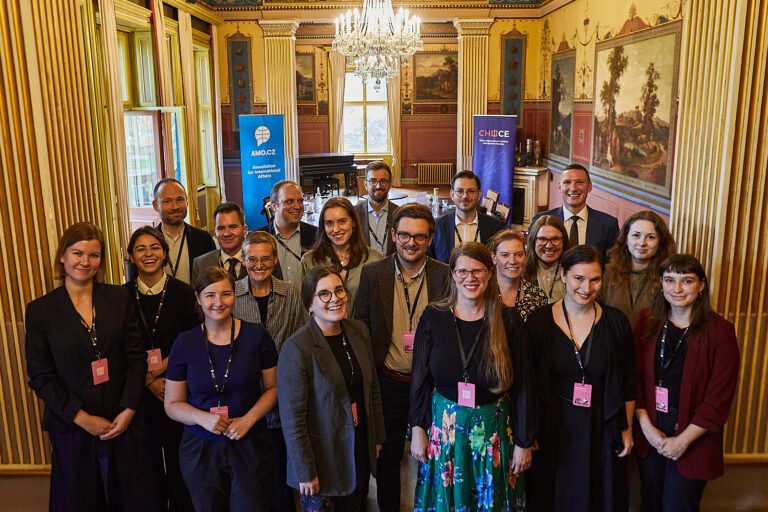Transatlantic Roundtable: Connecting American China-Watchers to their CEE Counterparts
Concerns over China’s increasing influence are growing across the west, from the Sino-American ‘trade war’ to the infiltration of European Universities. Wariness is particularly warranted in Central and Eastern Europe as the Belt and Road and the 17+1 initiatives aim squarely at the heart of Europe. However, a localized or regional response is not adequate to deal with the global challenge China provides.
As such, the Center for American Progress and CHOICE connected experts in the US with their counterparts in Central and Eastern European on August 8, 2020, in order to foster a common understanding of China’s global foreign policy agenda, the tactics it deploys to achieve those objectives, and where and how the US and CEE nations can come together to secure common interests against an evermore assertive China.
Roundtable Review
A key takeaway from the expert discussion is the fact that China’s behavior will not be normalized by further engagement and socialization. Certainly, United States’ policy under the Trump administration has been quite clear on this front. CHOICE research was praised by the American contingency for highlighting and building echo within CEE countries. Notably, the Stick and Carrots and Empty shell policy papers highlighted the growing disillusionment that China’s unfulfilled investment promises and heavy-handed rebukes have wrought in CEE nations.
Still, CHOICE researchers highlighted the disparate domestic policies that leave an open door to China. For example, strongman leaders like Viktor Orbán in Hungary and Aleksandar Vučić in Serbia have utilized partnerships with the Chinese to shore up domestic economic and electoral concerns. This factor often leaves these nations out-of-step with their European counterparts. CHOICE research was again lauded as vital to explaining these developments and setting up clearer standards on how to assimilate interests across the EU and its neighbors in the Balkans.
Yet, perhaps most important to the ongoing transatlantic dialogue is the issue of security. China is a security consumer, not a provider in the region, in contrast to the United States which provides the multiple facets of security necessary to Europe.
Nonetheless, several CEE analysts shared doubts about the current US approach, noting the importance of providing coherent and consistent strategy for both the United States and CEE nations. In short, solidarity as allies is possible only under the precondition of concurrent action and understanding, not unilateralism.
Overall, the researchers agreed that more transatlantic dialogue is necessary to ensure a common approach to a range of shared problems and the need for a fuller understanding of China’s tactics that can be garnered from analysis of differing experiences in dealing with the People’s Republic of China.
To read the CHOICE policy paper that ignited the cooperative effort and was cited by American experts as providing “extraordinary detail on the tactics China deploys in Central Europe”, click here.



Written by
CHOICE
CHOICE is a multinational consortium of experts providing informed analysis on the rising influence of the People’s Republic of China within the countries of Central and Eastern Europe (CEE).


